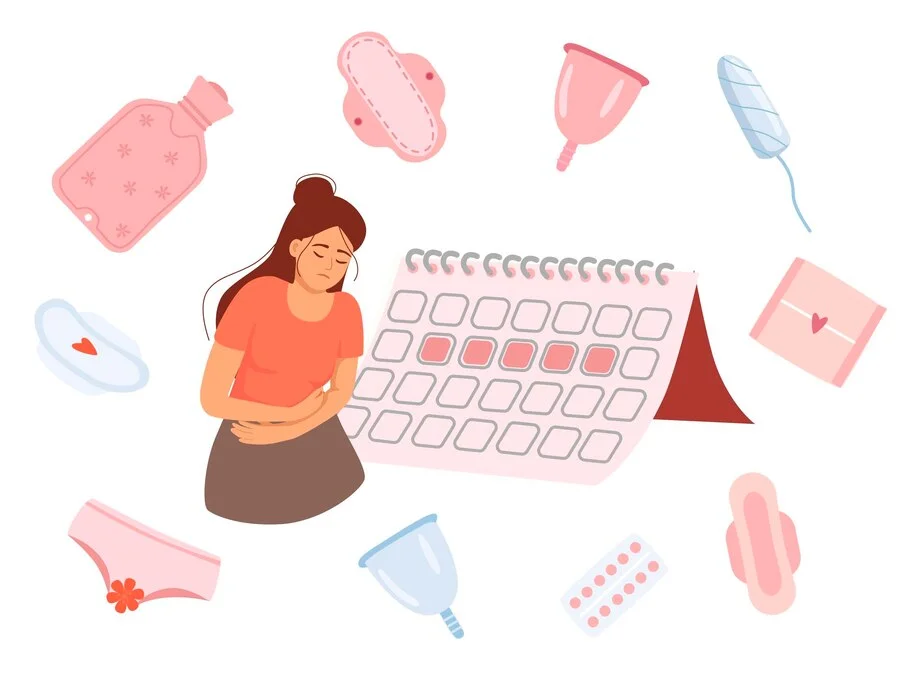-
Ganesh Talkies, Kolkata
Ganesh Talkies, Kolkata

Period delay can be helpful in some situations, but it’s important to understand the risks and safe options—get insights from a reputed gynecologist.
The ability to manage or delay a menstrual cycle is something many women consider at some point in life. Whether it’s for a vacation, a wedding, an important exam, or a religious event, choosing to postpone a period can feel like a solution to an inconvenient natural process. But while the idea of period delay may seem simple, it carries important health considerations.
In this comprehensive guide, we’ll explore what happens when you delay your period, how it can be done safely, and the potential risks and remedies involved. Backed by insights from experienced gynecologists, this information is crafted to help you make informed decisions for your body.

Before we dive into how to delay periods, it’s important to understand what the menstrual cycle is doing in the first place. A typical cycle lasts about 28 days, although it can range from 21 to 35 days in healthy individuals.
Each month, hormonal signals prepare the uterus for pregnancy. If fertilization doesn’t occur, hormone levels drop and the uterine lining sheds—this is your period. Disrupting this cycle, even temporarily, can affect your hormonal balance, mood, and physical symptoms.
There are many personal or practical reasons why someone might want to delay menstruation. These include:
While all these are valid reasons, any method to alter the menstrual cycle should be medically guided.
Period delay, when done occasionally and under medical supervision, is generally considered safe. However, regular interference with the menstrual cycle without proper evaluation can lead to complications.
Things to consider:
An occasional delay is typically harmless. However, if you plan to do this often, it’s crucial to consult with a certified professional.

There are a few medically accepted ways to delay menstruation. Each comes with pros and cons.
One of the most commonly prescribed medications to delay periods.
How it works:
Pros:
Cons:
If you’re already on birth control, you can skip the placebo pills and continue with the next pack.
Pros:
Cons:
Used less frequently, but can be an option under special circumstances.
While there are safe ways to delay menstruation, some practices should be avoided:
These methods can cause hormonal imbalance, unexpected side effects, and may affect your long-term reproductive health.
Even when medically advised, altering your cycle can come with temporary side effects:
In rare cases, period manipulation may cause:
Always weigh the benefits against potential health impacts.
Experienced gynecologist specialists emphasize patient education before any hormonal intervention. A proper consultation helps:

Q1: Can I delay my period naturally?
While some herbal methods are suggested online, none are proven to work reliably or safely. It’s best to consult a professional.
Q2: How often can I delay my period safely?
Occasional use is fine. However, frequent use should be done only under medical supervision.
Q3: Will delaying my period affect fertility?
No direct link exists, but frequent hormonal disruption may affect your ovulation patterns temporarily.
Q4: Can I use contraceptive pills only for period delay?
Yes, doctors sometimes prescribe COCPs for women who don’t require them for contraception but want cycle regulation.
Q5: What if I miss a dose while delaying my period?
Missing a dose can result in breakthrough bleeding or period onset. Follow your doctor’s instructions carefully.
Period delay can be helpful and safe when approached correctly. Whether it’s for personal comfort, travel, or health reasons, temporary menstrual control is a legitimate option—but not something to be taken lightly.
Understanding the method, knowing the risks, and working with a knowledgeable healthcare provider can make all the difference. Remember, every woman’s body is unique, and so is every cycle. What works for one may not work for another.
As gynecological experts often say, the first step in managing your reproductive health is understanding it. When in doubt, consult someone who can guide you through evidence-based, body-safe choices—just like many women do when they seek advice from specialists known for personalized care and hormonal health expertise.
Make your decision an informed one, because your health deserves it.